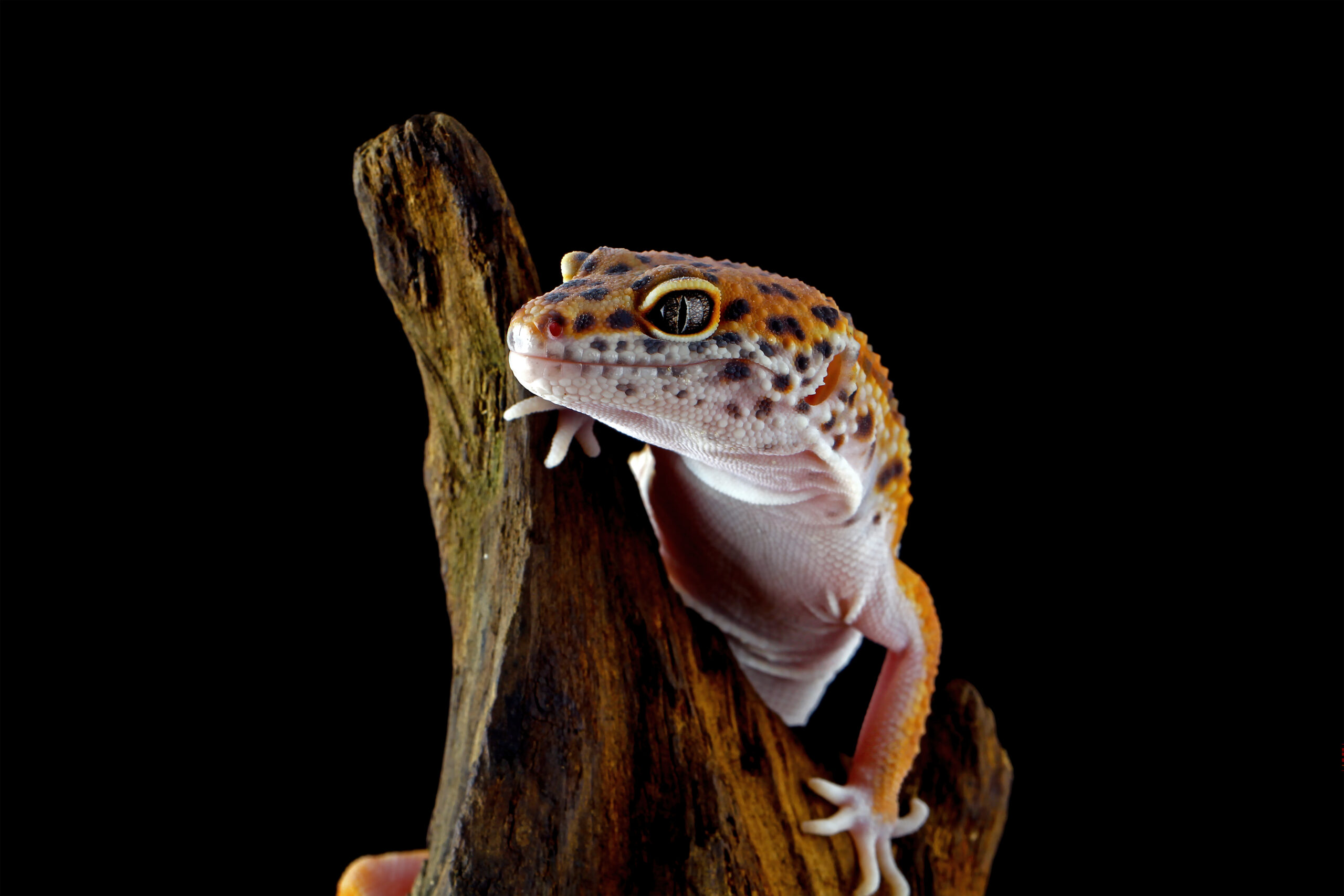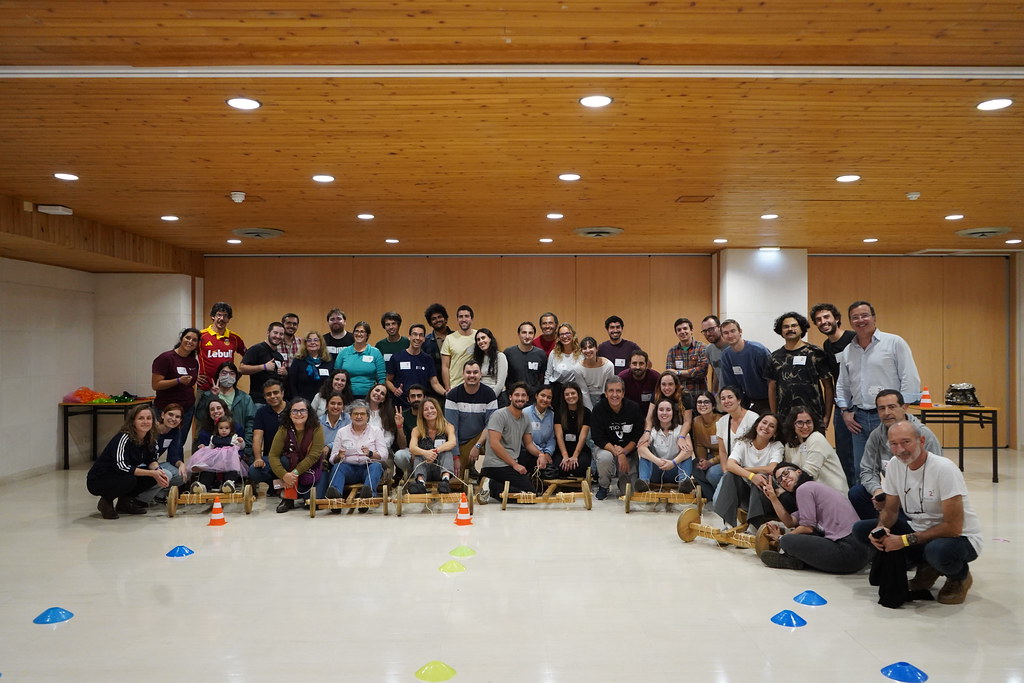Inspired by the remarkable ability of geckos to cling to smooth surfaces using van der Waals forces, the team will develop a new capture system for satellites coated with synthetic materials that mimic gecko feet. This will allow future “cleanup satellites” to attach to uncontrolled, tumbling space debris, such as defunct satellites, and safely remove them from orbit.
Researchers at ISR-Lisboa will contribute to the guidance, navigation, and control systems of the cleanup satellite, ensuring precise and autonomous capture with debris objects under challenging orbital conditions.
The project “GEcko-based Innovative Capture Kit for uncooperative and unprepared Orbital assets – gEICKo” is funded by the European Innovation Council (EIC) Pathfinder with a total of €4 million. Alongside Técnico with researchers from the Institute for Systems and Robotics, the consortium includes Julius-Maximilians-Universität Würzburg, Technical University of Berlin, University of Padua, Fraunhofer Institute for High-Speed Dynamics (EMI), and DHV Technology (Spain).
This collaboration places Portuguese research at the forefront of European efforts to promote sustainable space operations and reduce the environmental footprint of space activity. “By combining biomimicry with advanced space robotics, this project represents a major leap toward safer and cleaner space” said Rodrigo Ventura, ISR-Lisboa researcher.
The gEICKo consortium aims to deliver a working prototype of the capture system within three years, paving the way for the first generation of bio-inspired satellites to start cleaning up Earth’s orbit within the next decade.


